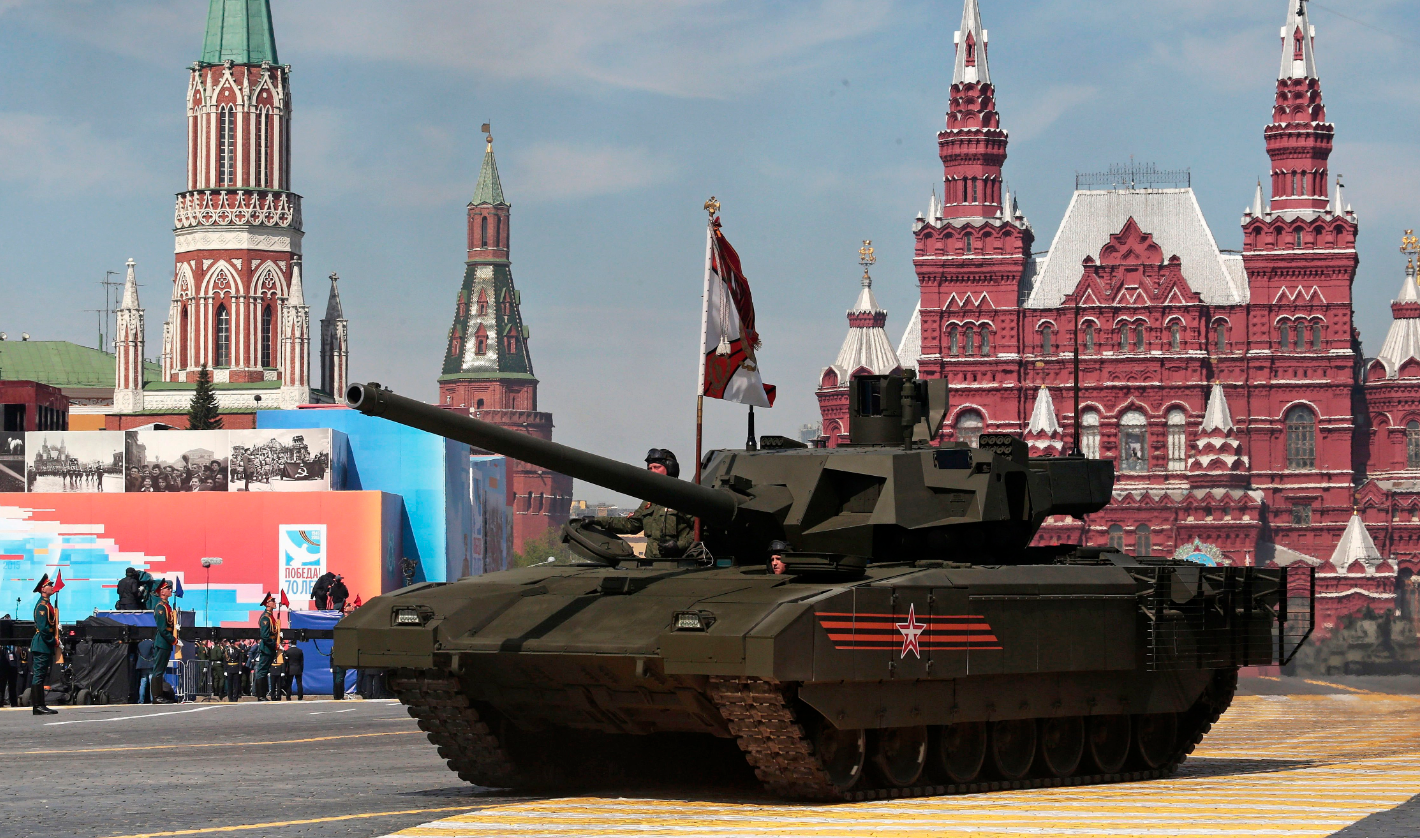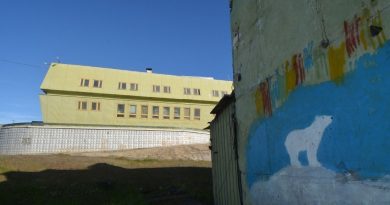Tanks, drilling & polar drones: Arctic week in Review

On this week’s news round-up, we bring you some of your most read stories from Eye on the Arctic this week:
– Russia unveils a new tank said to be specially made for Arctic conditions
– Authorities approve Royal Dutch Shell’s Arctic drilling plans off northwest Alaska
-The International Association of Antarctic Tour Operators and the Association of Cruise Operators have banned the use of Unmanned Aerial Vehicles, known to most people as drones, in the Arctic and the Antarctic in the upcoming tourist season
-Russia makes another announcement concerning Arctic research, this time with investment in floating research stations
-And in Europe, Finland receives a warning from the EU concerning the country’s deficit
And in this week’s Feature Interview, we bring you Eye on the Arctic’s conversation with Doris Bill, the chief of Yukon’s Kwanlin Dun First Nation, about their upcoming investment in a major LNG project and what it means for their community:
That’s all from us for this week. It’s a holiday here in Canada on Monday, so we’ll be back on Tuesday with more stories and newsmakers from across the North.
Write to Eilís Quinn at eilis.quinn(at)cbc.ca



